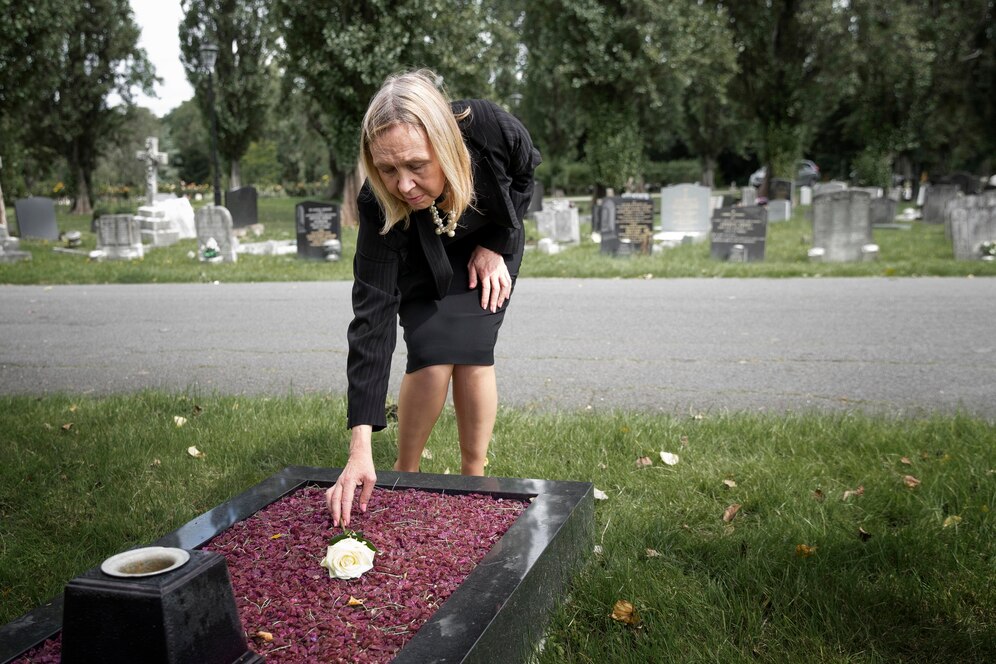Introduction
What happens when we die? It’s a question that has puzzled humanity for centuries. Whether you believe in an afterlife, is there life after death reincarnation, or simply the end of consciousness, the idea of what comes next is one of the greatest mysteries of existence. Scientists, philosophers, religious leaders, and even ordinary people have debated this question endlessly. But is there a definitive answer? In this article, we’ll explore different perspectives on life after death, from scientific theories to spiritual beliefs and personal experiences.
Religious Perspectives on Life After Death
Christianity: Heaven, Hell, and Eternal Life
Christianity teaches that life doesn’t end with death. Instead, the soul moves on to an eternal existence in either Heaven or Hell, is there life after death depending on one’s faith and deeds. According to the Bible, believers who accept Jesus Christ as their savior are granted eternal life in paradise, while those who reject faith may face eternal separation from God. Catholicism introduces an additional concept: Purgatory—a temporary state where souls are purified before entering Heaven. The Christian afterlife is deeply intertwined with morality, divine justice, and the promise of resurrection.

Islam: The Journey of the Soul
In Islam, is there life after death death is seen as a transition rather than an end. Muslims believe that after death, the soul enters Barzakh, a waiting period before Judgment Day. The Quran describes a final reckoning where deeds are weighed, determining entry into either Jannah (Paradise) or Jahannam (Hell). Islamic teachings emphasize accountability, the mercy of Allah, and the eternal nature of the afterlife. Many believers find comfort in the idea of reuniting with loved ones and being rewarded for a righteous life.
Hinduism and Reincarnation
Hinduism takes a different approach, centered around the concept of reincarnation. According to Hindu beliefs, is there life after death the soul is eternal and undergoes a cycle of birth, death, and rebirth (samsara). Karma, the sum of a person’s actions, determines their next life. Those who attain spiritual enlightenment can break free from this cycle and achieve Moksha—liberation from reincarnation. Hinduism’s view on life after death highlights the importance of personal growth and moral responsibility across lifetimes.
Buddhism: Nirvana and the End of Suffering
Buddhism shares similar ideas with Hinduism but focuses on the cessation of suffering. Rather than an eternal afterlife, is there life after death Buddhists seek Nirvana—a state of ultimate peace and freedom from the cycle of rebirth. The belief in rebirth means that death is just another step in an ongoing process. However, through spiritual enlightenment and self-awareness, one can transcend the material world and reach a state beyond suffering and desire.
Other Religious Beliefs: Varied Perspectives
Different cultures and religions have their own unique interpretations of the afterlife. In Judaism, beliefs vary from a literal resurrection to a more abstract view of spiritual existence. is there life after death Indigenous cultures often have rich traditions regarding ancestral spirits and their ongoing influence on the living. Meanwhile, modern spiritual movements propose ideas such as astral planes, cosmic consciousness, or reincarnation based on energy and vibrations.
Scientific Theories and Skepticism
The Brain and Consciousness
From a scientific standpoint, consciousness is tied to brain activity. When the brain ceases to function, so does consciousness—at least according to mainstream science. is there life after death Neurologists argue that near-death experiences (NDEs) and out-of-body experiences (OBEs) can be explained by chemical reactions and brain responses rather than evidence of an afterlife. However, this doesn’t stop many from wondering if consciousness can exist beyond the body.
Near-Death Experiences: Glimpses of the Afterlife?
Many people who have been clinically dead but revived report profound experiences—bright lights, a sense of peace, is there life after death meetings with deceased loved ones, or even life reviews. While skeptics argue these are hallucinations caused by oxygen deprivation or neurotransmitter surges, others believe these accounts provide real evidence of an existence beyond death. Some studies have attempted to verify consciousness beyond the body, but results remain inconclusive.
Quantum Physics and the Possibility of an Afterlife
Some scientists suggest that consciousness might be more than just brain function—it could be a fundamental part of the universe. Theories in quantum mechanics propose that reality might be influenced by observation is there life after death leading some to wonder if consciousness could exist independently of the physical body. Could this mean that some form of existence continues after death? While still speculative, these ideas keep the scientific discussion on life after death alive.
Philosophical and Personal Perspectives
The Fear of Death and the Desire for Immortality
Humans have long feared the unknown, and death is the ultimate mystery. Many seek comfort in beliefs about an afterlife, is there life after death while others strive for immortality through legacy, memories, or even technological advancements. The idea of continuing in some form—whether through spirit, memory, or reincarnation—soothes the fear of total oblivion.
Personal Experiences and Paranormal Accounts
Beyond religious and scientific discussions, countless people claim to have had spiritual encounters—visions of deceased loved ones, is there life after death ghost sightings, or unexplainable experiences. While skeptics dismiss these as psychological or environmental phenomena, believers argue they provide real evidence that life continues beyond the physical body.
The Meaning of Life and Death
Whether or not an afterlife exists, contemplating death can add meaning to life. Many philosophers suggest that mortality gives life urgency and purpose. is there life after death Instead of fearing the unknown, some argue that embracing life fully—making meaningful connections, pursuing passions, and leaving a positive impact—is what truly matters.
Conclusion:
So, is there life after death? The truth is, we don’t know for sure. Religious beliefs, scientific theories, and personal experiences all offer different perspectives, but no one has definitive proof. What’s certain is that the question will continue to inspire curiosity, debate, and exploration for generations to come. Perhaps the journey itself—seeking answers and making peace with the unknown—is just as important as the destination.

